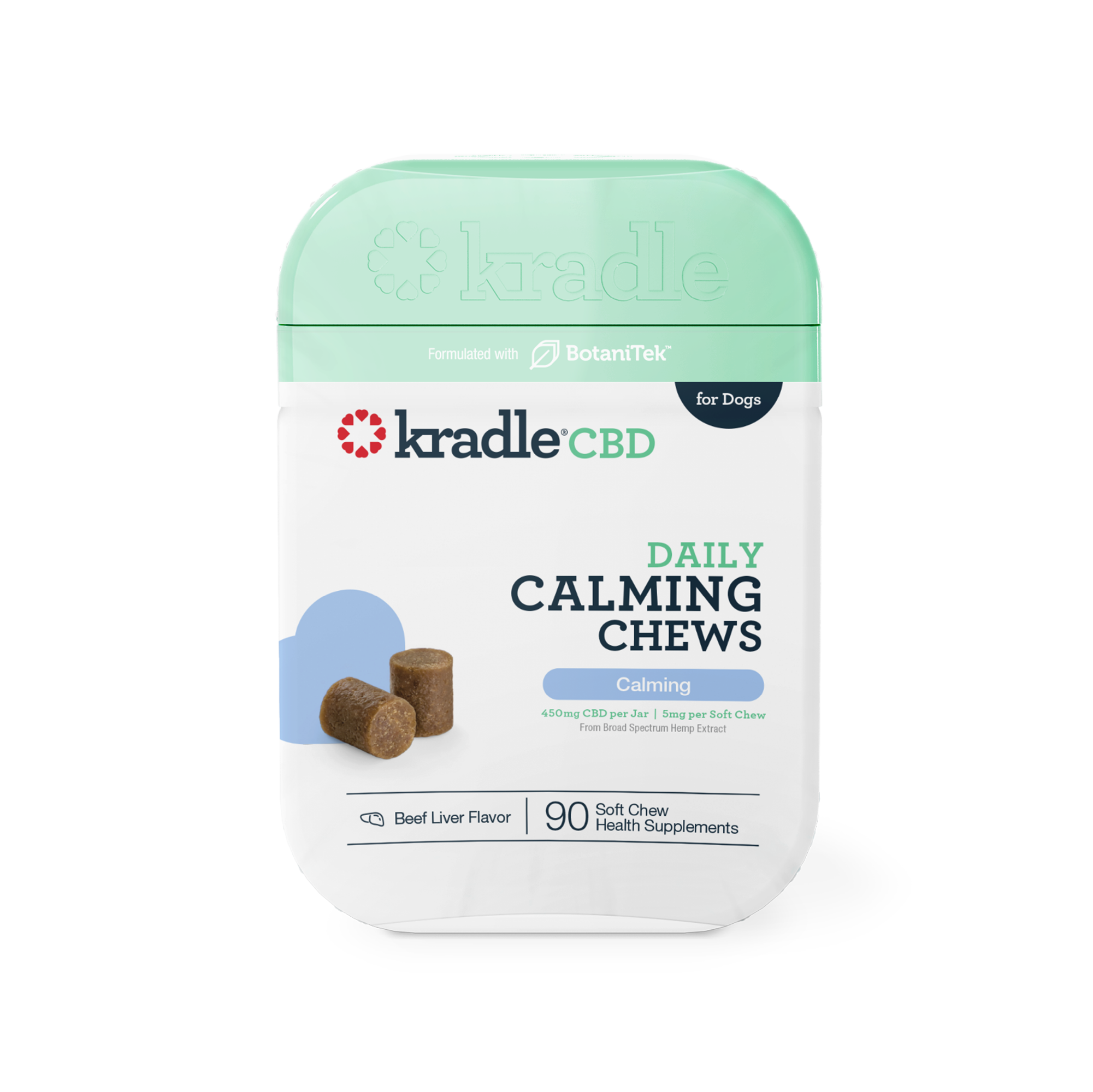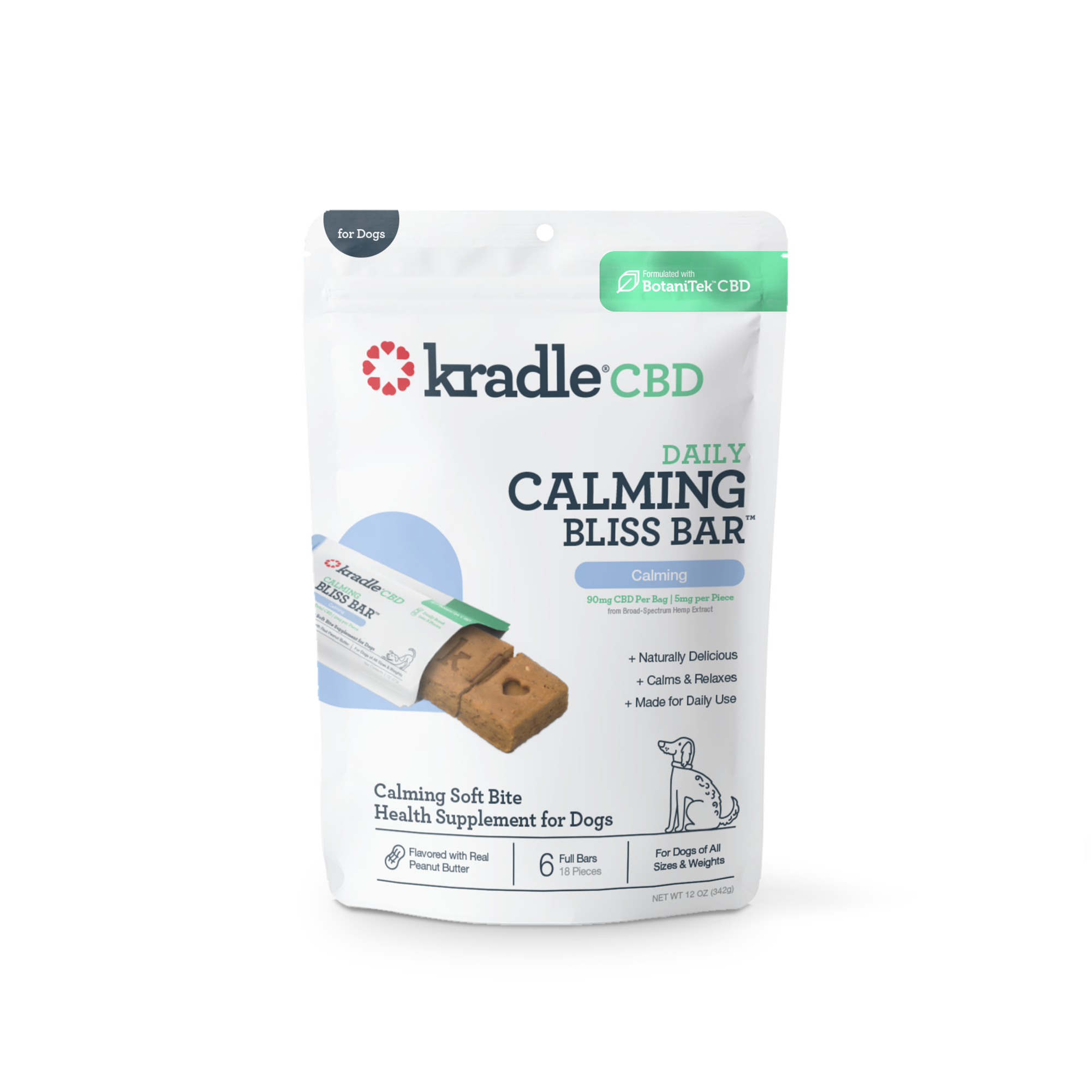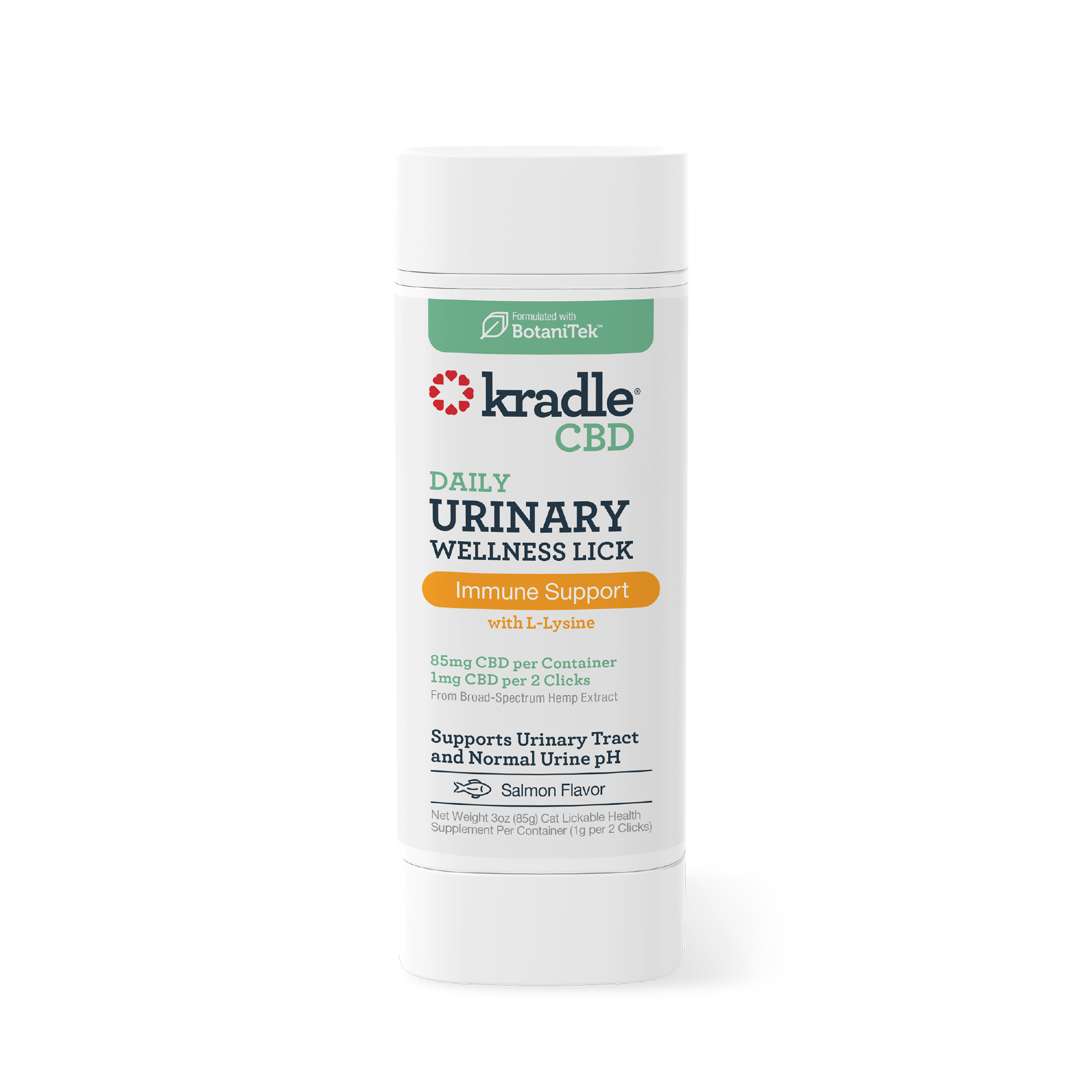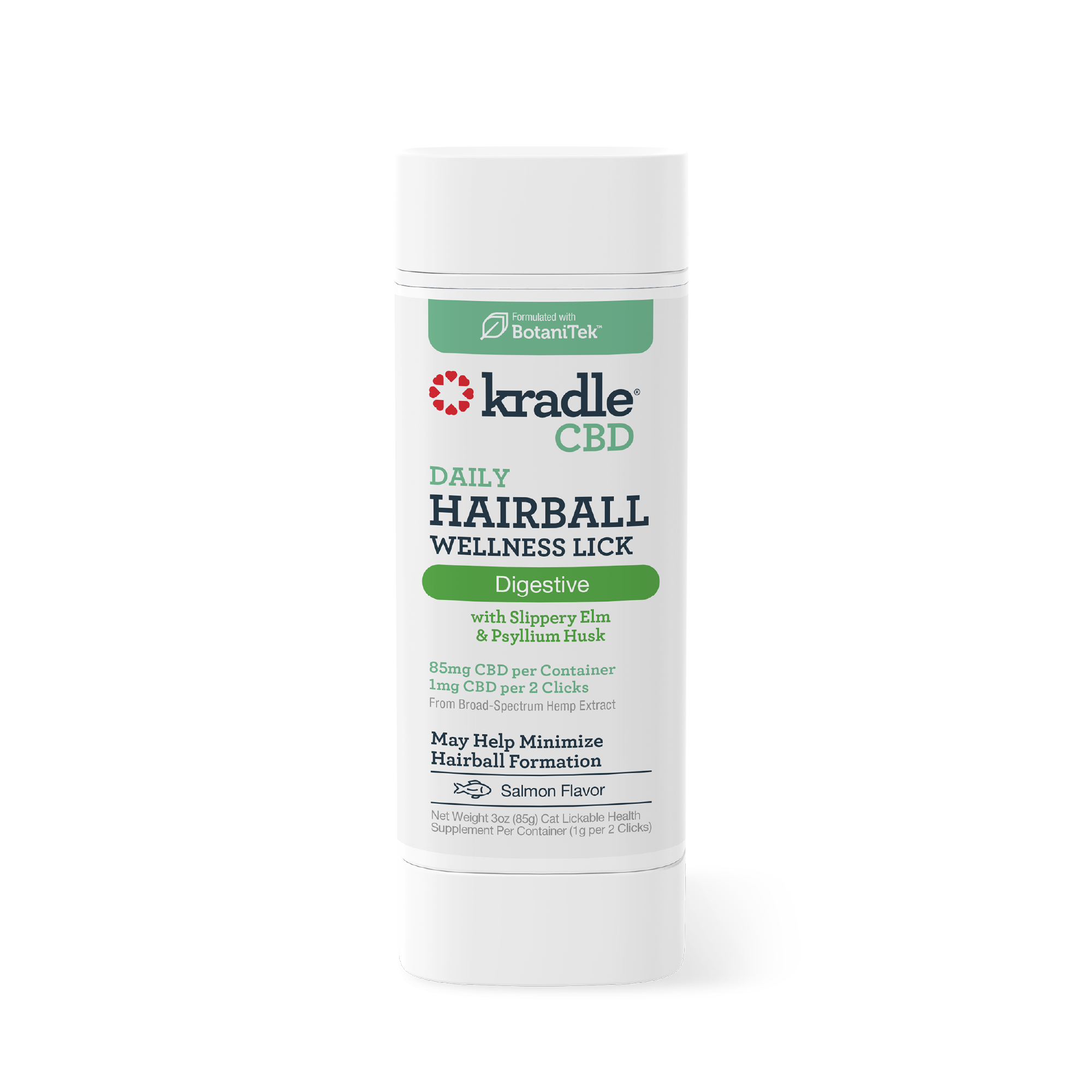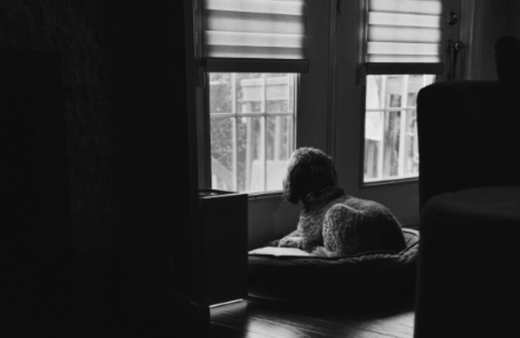
How to Best Care for Your Older Dog
Whether you've adopted a senior dog or your pooch has reached the senior stage of life, you want to be sure that you're doing everything you can to keep your furry friend happy and healthy. While senior dog care is largely similar to caring for younger pups, older dogs do have some unique needs in terms of nutrition, behavior management, comfort and health care. Read on to learn more about caring for your dog during their golden years, so that you can take a proactive role in supporting the highest possible quality of life for them.
Nutrition and Health
Good nutrition is the foundation for good health in older dogs. That means finding the best dog food for older dogs based on your pet's unique dietary needs and giving your pet any supplements for older dogs that your veterinarian recommends.
Choosing the Best Food for Older Dogs
Because activity levels often decline with age, senior dogs often need fewer calories per day. Specially formulated senior dog foods can help ensure that you're meeting your dog's caloric needs to support weight management. Options include:
- Dry kibble: Senior kibble are often formulated with senior-specific nutrients and are easy to serve, especially when you're on the go
- Wet food: Thanks to their higher moisture content, wet foods can help older dogs stay hydrated
- Homemade diets: With careful planning, you can prepare your senior dog's food at home. Be sure to consult with your vet for guidance about what to include and what portion size is right for your pooch.
Remember, there is no single best food for older dogs. Which food is ideal for your pet will depend on their activity level and health history. That's why it's important to talk to your vet when developing a diet for your dog. Also, be sure to let your vet know if your dog's eating habits change. If an older dog is suddenly hungry all the time or shows a lack of interest in food, a health condition may be to blame.
Supplements for Older Dogs
Supplements can address nutrient deficiencies and health concerns in senior dogs. Some common dog supplements include:
- Glucosamine and chondroitin: Naturally occurring substances, these supplements are often taken together to support joint health and mobility.
- Omega-3 fatty acids: Derived primarily from fish and shell fish, omega-3 fatty acids may reduce inflammation and support coat and skin health.
- Multivitamins: These balanced blends of vitamins and minerals help ensure comprehensive nutrient intake, especially if your dog struggles to eat a well-balanced diet.
Keep in mind that not all dogs require supplements. Before starting your dog on any product, ask your vet if it's right for your pet.
Behavioral Changes and Training
As dogs age, new behaviors may emerge. Fortunately, you can take steps to manage behaviors through smart strategies and training.
Handling Increased Appetite
Although a sudden increase in appetite can indicate a medical condition, many senior dogs do seek out food more often simply because of changes to their digestive system.
Often, older dogs absorb fewer nutrients and their reduced activity levels can slow down their metabolisms, leading to an increase in hunger. To manage an always-hungry pooch:
- Divide your dog's daily serving of dog food into small portions and provide more frequent meals
- Measure portion sizes at each meal carefully to support weight management
- Choose low-calorie treats to avoid weight gain
- Redirect your dog with activities if you suspect they're eating out of boredom
How to Train an Older Dog
Contrary to the cliché, it is possible to teach an old dog new tricks or to train away unwanted behaviors in senior dogs. To do so:
- Keep training sessions short
- Start off with simple commands
- Use positive reinforcement, such as praise and low-calorie treats
- Be patient. It may take older dogs longer to master new commands
- Make training fun by including gentle exercises and mind-strengthening games like treat puzzles
- Consider attending a dog obedience class for extra support
Can You Crate Train an Older Dog?
Many pet parents wonder how to crate train an older dog with separation anxiety and worry that it might not even be possible. The good news is that you absolutely can. In fact, many people find it easier to crate train senior dogs than puppies.
To do so, allow your dog to gradually become familiar with the crate. Serve their meals in it with the door open and then try closing the door eventually. Slowly build up the number of minutes that your dog stays in the crate, and lavish them with affection and praise when crate time is over.
Check out how anxiety dog training plays a role too!
Comfort and Physical Support
Age-related changes and medical issues, such as tremors in older dogs, can lead to pain, stiffness and reduced mobility in senior pups. By prioritizing comfort, you can help your dog rest well and navigate your home more easily and safely.
Choosing the Right Dog Bed
Having a special place to snooze is important for senior pooches. Depending on your pet's preferences and needs, you may wish to consider one of the following types of dog beds for older dogs:
- Orthopedic beds: With their unique designs, these beds provide extra support for achy joints and pressure points.
- Heated beds: For older dogs that are prone to shivers or suffer from poor circulation, a heated bed can be a big help.
- Elevated beds: Dogs with mobility issues can ease in and out of these raised beds without putting excess strain on their joints.
Physical Comfort Aids
Dogs with mobility issues may also benefit from:
- Dog ramps: Indoor and outdoor ramps placed over stairs can keep dogs mobile.
- Dog stairs: Place stairs near the sofa or your bed to help your dog access furniture without having to jump.
- Elevated bowls: Decrease bending at meal time with raised bowls.
You may also want to switch to a softer brush or grooming glove for your at-home grooming sessions. These grooming aids help to support circulation and distribute natural oils to support skin and coat health.
Ensuring a Happy and Healthy Life for Your Older Dog
By prioritizing nutrition, behavior management, comfort and health care, you can help your senior dog maintain a high quality of life.
Talk to your veterinarian about what specific steps you should take to meet your older dog's needs, and keep a close eye on your pooch for changes in behavior between visits.
Be sure to report any new behaviors, such as urinating or defecating indoors or heavy panting in older dogs. By making simple adjustments to your senior dog's diet, routine and home environment, you can help them stay happy and healthy.
Kradle’s here to help, check out our selection of calming chews and cbd for dogs today!

